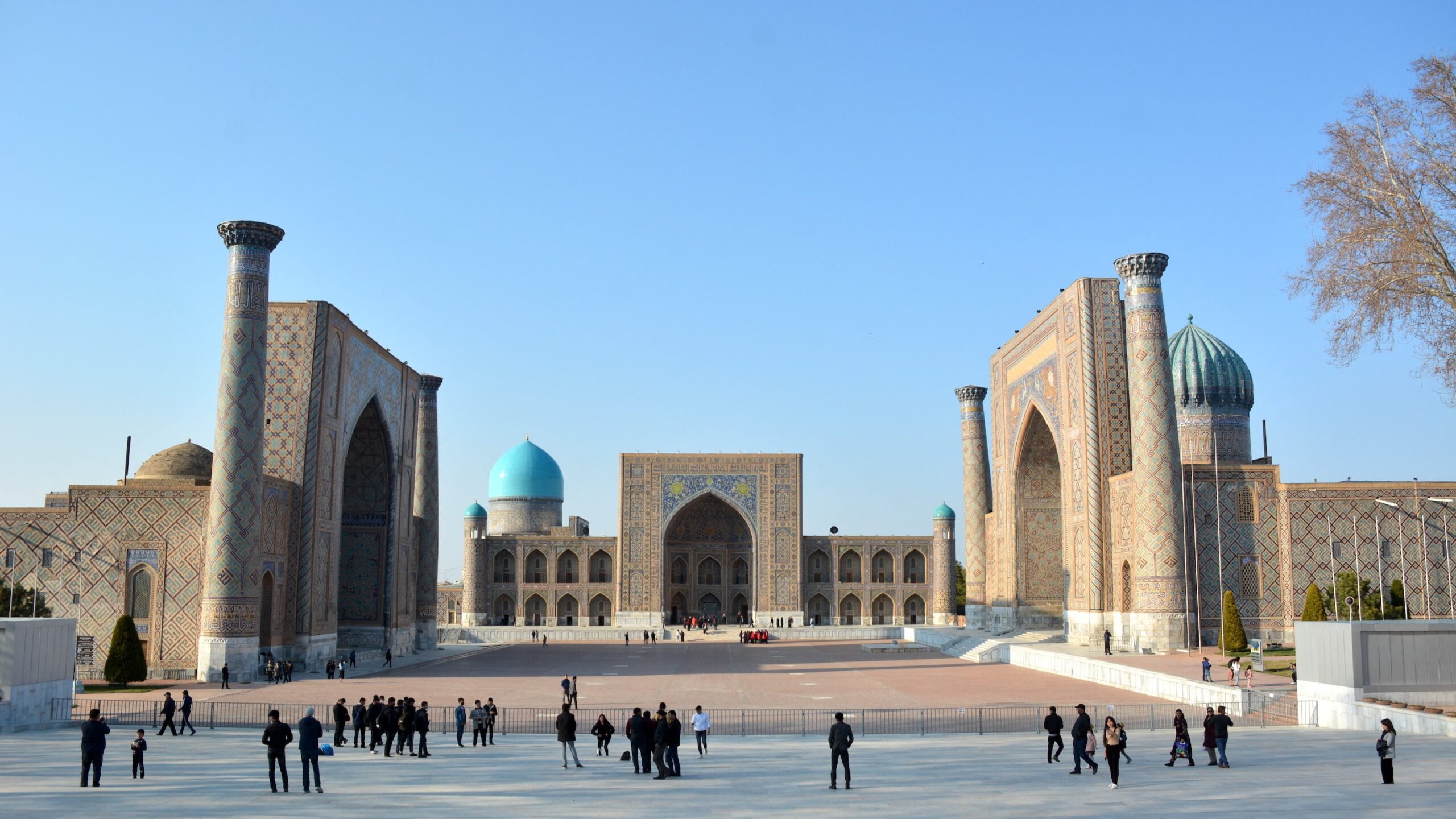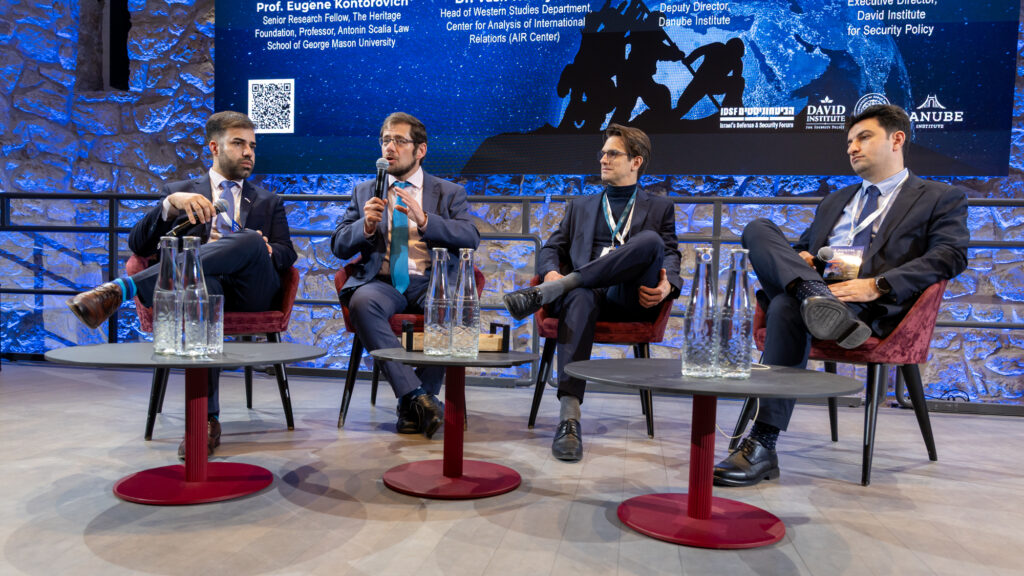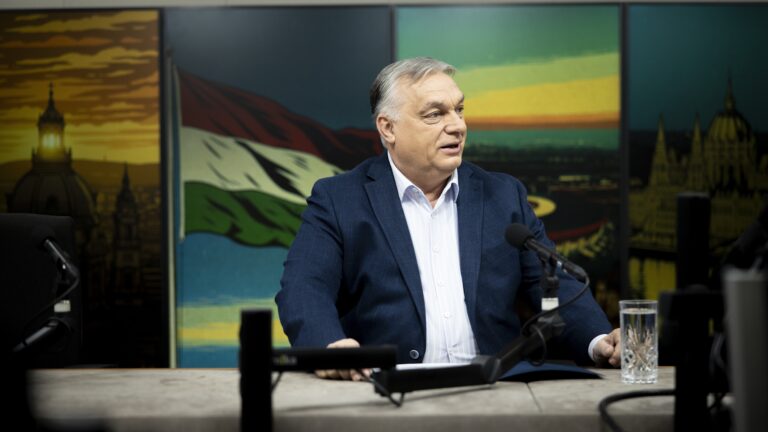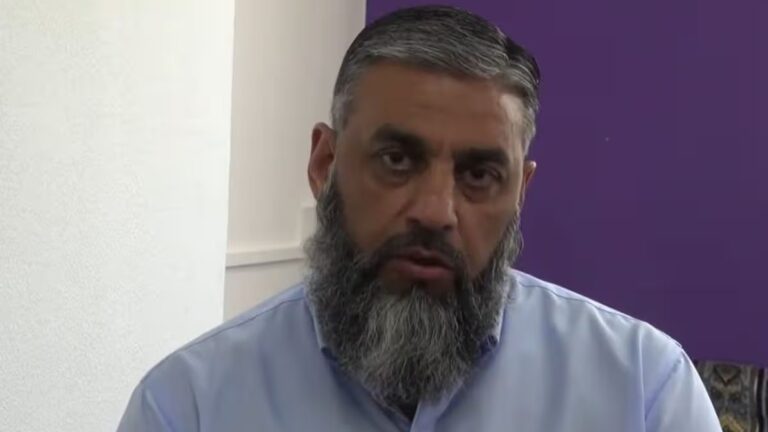The 43rd session of the UNESCO General Conference has commenced in the ancient city of Samarkand with an opening speech by the President of Uzbekistan, Shavkat Mirziyoyev. As noted in his address, this marks the first time in 40 years that the conference is being held outside the organization’s headquarters in Paris.
UNESCO’s primary mission is to promote peace and security through international cooperation in education, the arts, sciences, and culture.
Under the leadership of President Mirziyoyev, Uzbekistan has made remarkable progress in advancing peace and regional cooperation in Central Asia.
Since 2016, the country has achieved significant milestones in normalizing relations with Kyrgyzstan and Tajikistan, including the successful delimitation and demarcation of borders. These efforts paved the way for broader reconciliation, ultimately contributing to the peaceful resolution of the longstanding conflict in the Fergana Valley.
In April 2025, a historic peace agreement was signed in Khujand between Uzbekistan, Kyrgyzstan, and Tajikistan, marking a new era of stability, cooperation, and economic integration in Central Asia. Against this backdrop, it is deeply symbolic that the 43rd UNESCO General Conference is taking place in Uzbekistan—a nation that has played a pivotal role in fostering regional peace and dialogue.
Hosting this global event in Samarkand highlights Uzbekistan’s growing contribution to strengthening unity and collaboration across all fields among the countries of the region.
In his speech, President Mirziyoyev outlined five major proposals to be addressed during the conference.
The first focused on integrating artificial intelligence technologies into educational processes. As part of this initiative, he proposed the establishment of a UNESCO Platform for the development of Inclusive Education for Children with Special Needs, as well as the creation of a ‘School of Artificial Intelligence’ pilot project in Uzbekistan.
This initiative would be the first of its kind in the country and represents a significant step toward modernizing education through innovation. Moreover, it would strengthen regional cooperation in the field of artificial intelligence, adding a new dimension to collaboration among Central Asian states.
‘This initiative would be the first of its kind in the country and represents a significant step toward modernizing education through innovation’
The second proposal emphasized the need to intensify efforts to preserve the world’s intangible cultural heritage.
Within this framework, President Mirziyoyev outlined several key initiatives, including the establishment of an International Institute for Digital Heritage under the auspices of UNESCO, the further development of UNESCO’s ‘Memory of the World’ programme, and the organization of an International Handicrafts Congress in Bukhara in 2027.
These initiatives aim to promote the safeguarding of cultural traditions, enhance digital preservation efforts, and foster greater international collaboration in protecting humanity’s shared heritage.
Emphasizing the importance of initiatives that promote women’s leadership and professional development, President Mirziyoyev proposed the establishment of a UNESCO Academy for Women’s Leadership, along with the organization of a Global Forum of Women Leaders in Education, Culture, and Science to be held in Samarkand.
The final two proposals focused, respectively, on promoting joint action to address the global climate crisis and on strengthening efforts to combat misinformation.
Given the wide-ranging reforms implemented under the leadership of President Shavkat Mirziyoyev, spanning education, regional peacebuilding, enhanced cooperation with neighbouring and global partners, and the promotion of the ‘green economy’ concept, Uzbekistan has emerged as one of the key drivers of Central Asian cooperation and development.
Therefore, the decision to hold the 43rd General Conference of UNESCO in Samarkand—the first time in 40 years that it has been convened outside Paris—is no coincidence. Rather, it reflects Uzbekistan’s growing international stature and its commitment to setting even more ambitious and forward-looking goals for the benefit of both the region and the wider global community.
Related articles:







